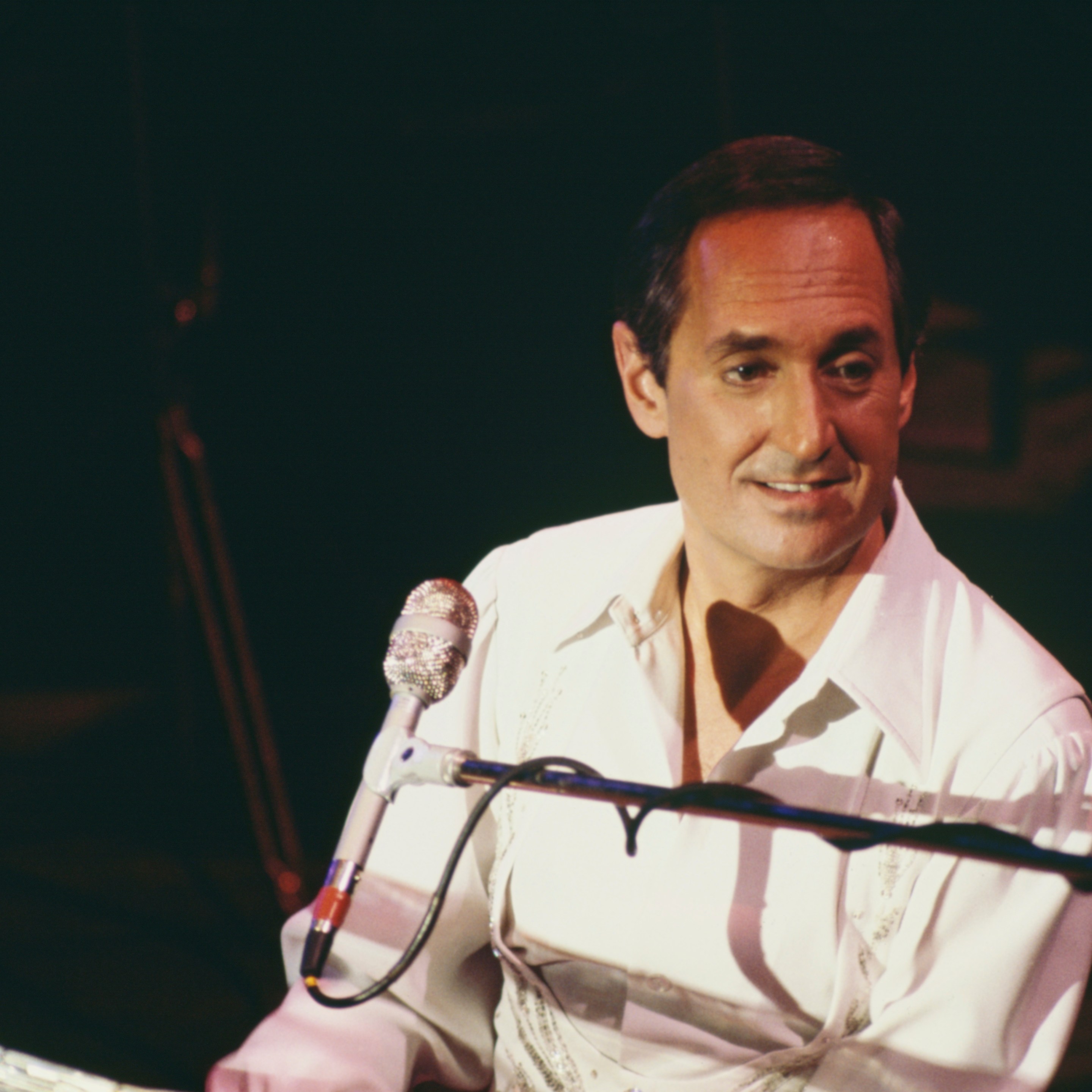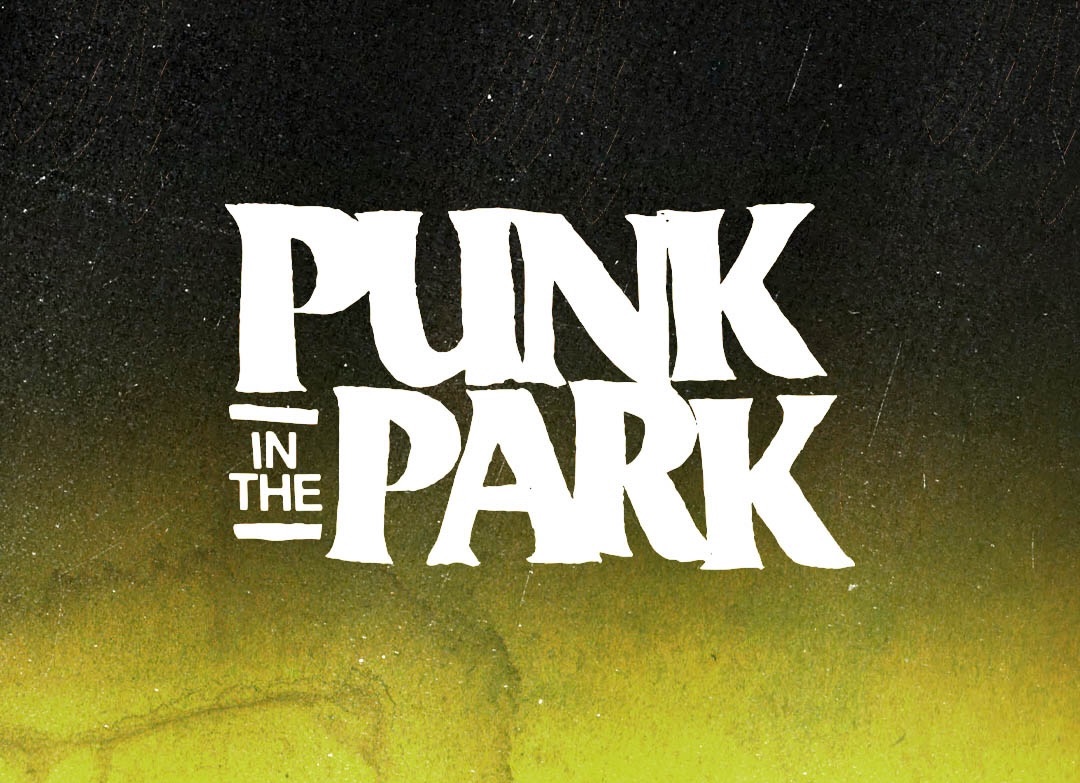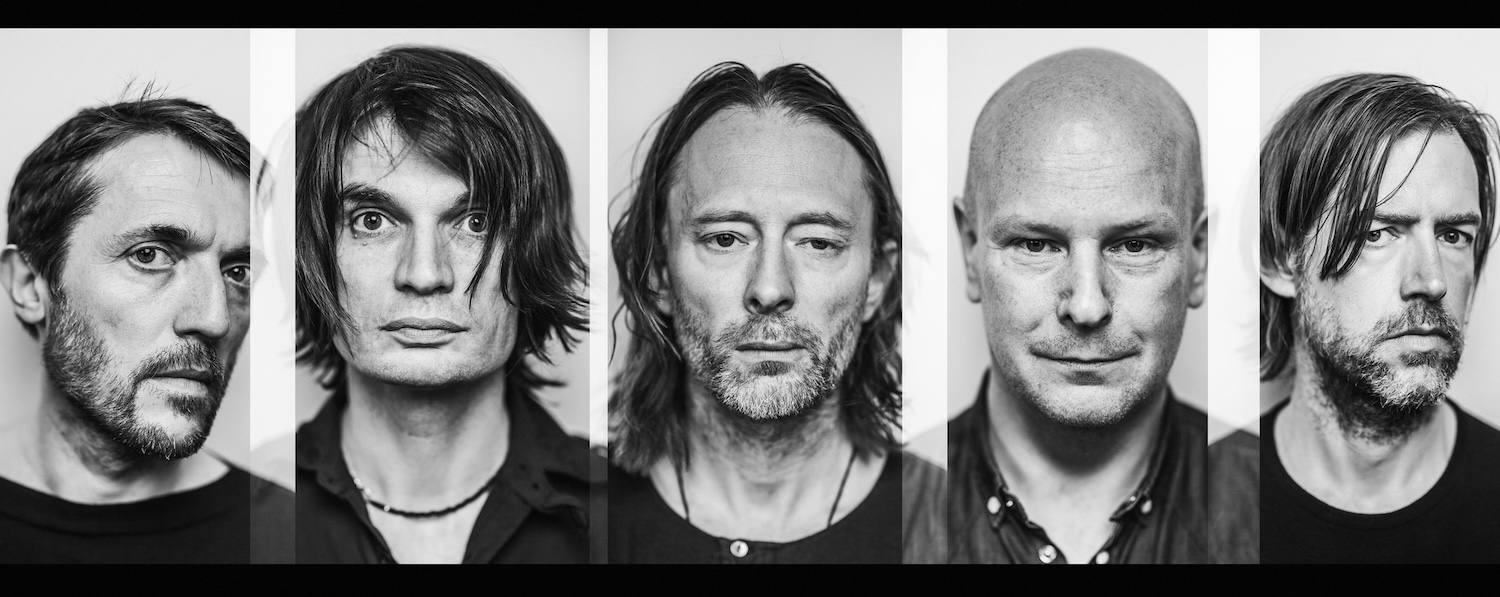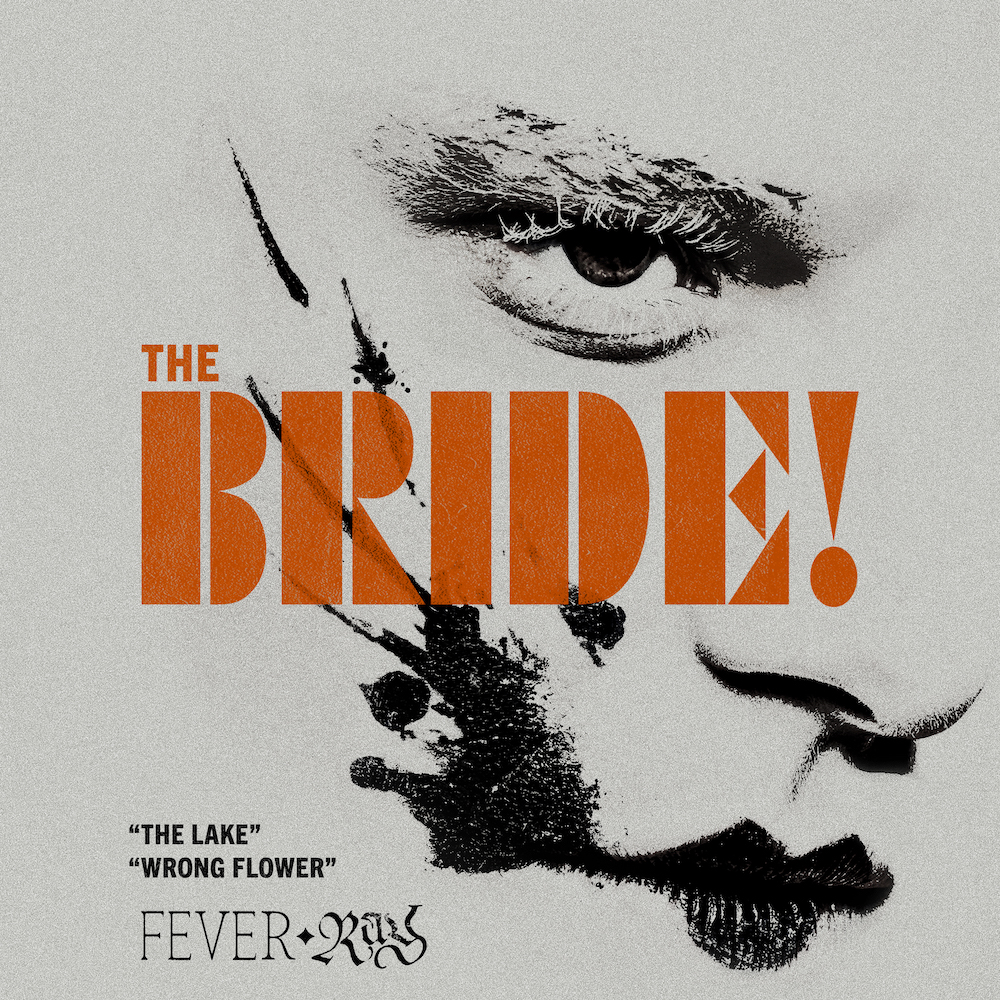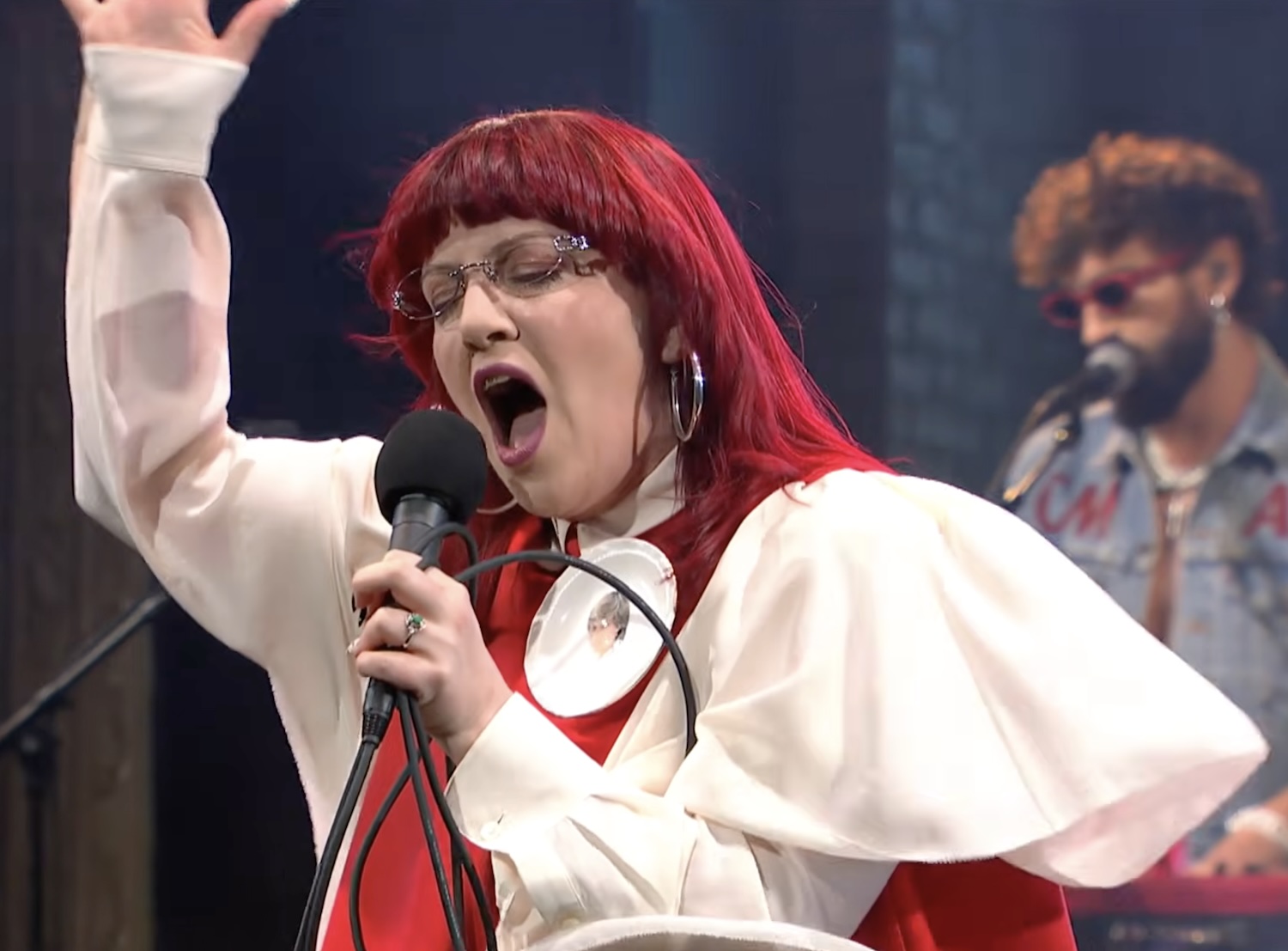Linkin Park's Chester Bennington killed himself last month, and today a new Rolling Stone feature offers further context on the singer's suicide.
The story details Bennington's lifelong battle with depression and addiction and zeroes in on his final days, which had outwardly and even privately been marked by many positives. Linkin Park's new album One More Light had recently debuted at #1, and Bennington was reportedly in top form throughout Linkin Park's European tour this summer. He had been in contact with former collaborators such as Stone Temple Pilots bassist Robert DeLeo and Guns N' Roses drummer Matt Sorum with an eye toward future life plans. He was also planning to reunite his pre-fame grunge band Grey Daze, whose drummer Sean Dowdell says Bennington was "on top of the world" as recently as two days before his death. However, his struggle with alcoholism had intensified again in the past year, as this excerpt explains:
But some of Bennington's friends now feel they overlooked signs that the singer's dark side -- which he called his "dark passenger," a reference to the force that motivated the serial-killer protagonist on TV's Dexter -- had been creeping back into his life. Bennington had gone to rehab around 2006 and appeared to be sober in the years after. But friends say he suffered a three-day relapse last August, during which he blacked out from alcohol, and had been drinking as recently as October.
A month before his death, Bennington told longtime friend Ryan Shuck, who played guitar in Bennington's side project Dead By Sunrise, that he was six months sober. But Bennington also sent Shuck, who had his own struggles with alcoholism, some text messages that seemed portentous in hindsight: "He was describing an hour-by-hour battle with addiction. When I look at it now, it's horrifying. He was telling me, down to the detail, what he would do in the first hour he wanted to drink: 'I basically just take it hour-by-hour every day.'"
The story also downplays the connection between Bennington's suicide and his friend Chris Cornell's suicide two months earlier:
Shuck and Dowdell downplay speculation that Cornell's death inspired Bennington's. While there are similarities -- both artists hanged themselves, and Bennington did so on what would have been Cornell's 53rd birthday -- they believe it was mostly a coincidence. "It could be a part of it, but it's a small part of it," Shuck says. "I think that it's just another horrible event that gets put in your subconscious. It's kindling, but the fire was already burning."
Revisit Stereogum's tributes to Bennington here, here, and here.

